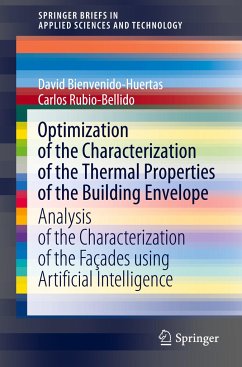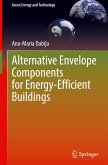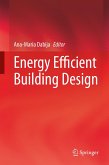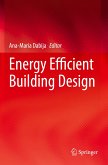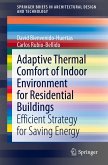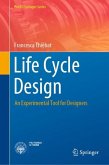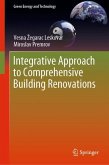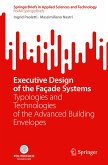This book is about the optimization of the characterization of the thermal properties of building envelopes, through experimental tests and the use of artificial intelligence. It analyses periodic and stationary thermal properties using measurement approaches based on the heat flow meter method and the thermometric method. These measurements are then analysed using advanced artificial intelligence algorithms.
The book is structured in four parts, beginning with a discussion of the importance of thermal properties in the energy performance of buildings. Secondly, theoretical and experimental methods for characterizing thermal properties are analysed. Then, the methodology is developed, and the characteristics and properties of the algorithms used are explored. Finally, the results obtained with the algorithms are analysed and the most appropriate approaches are determined.
This book is of interest to researchers, civil and industrial engineers, energyauditors and architects, by providing a resource which improves energy audit tasks in existing buildings.
The book is structured in four parts, beginning with a discussion of the importance of thermal properties in the energy performance of buildings. Secondly, theoretical and experimental methods for characterizing thermal properties are analysed. Then, the methodology is developed, and the characteristics and properties of the algorithms used are explored. Finally, the results obtained with the algorithms are analysed and the most appropriate approaches are determined.
This book is of interest to researchers, civil and industrial engineers, energyauditors and architects, by providing a resource which improves energy audit tasks in existing buildings.

